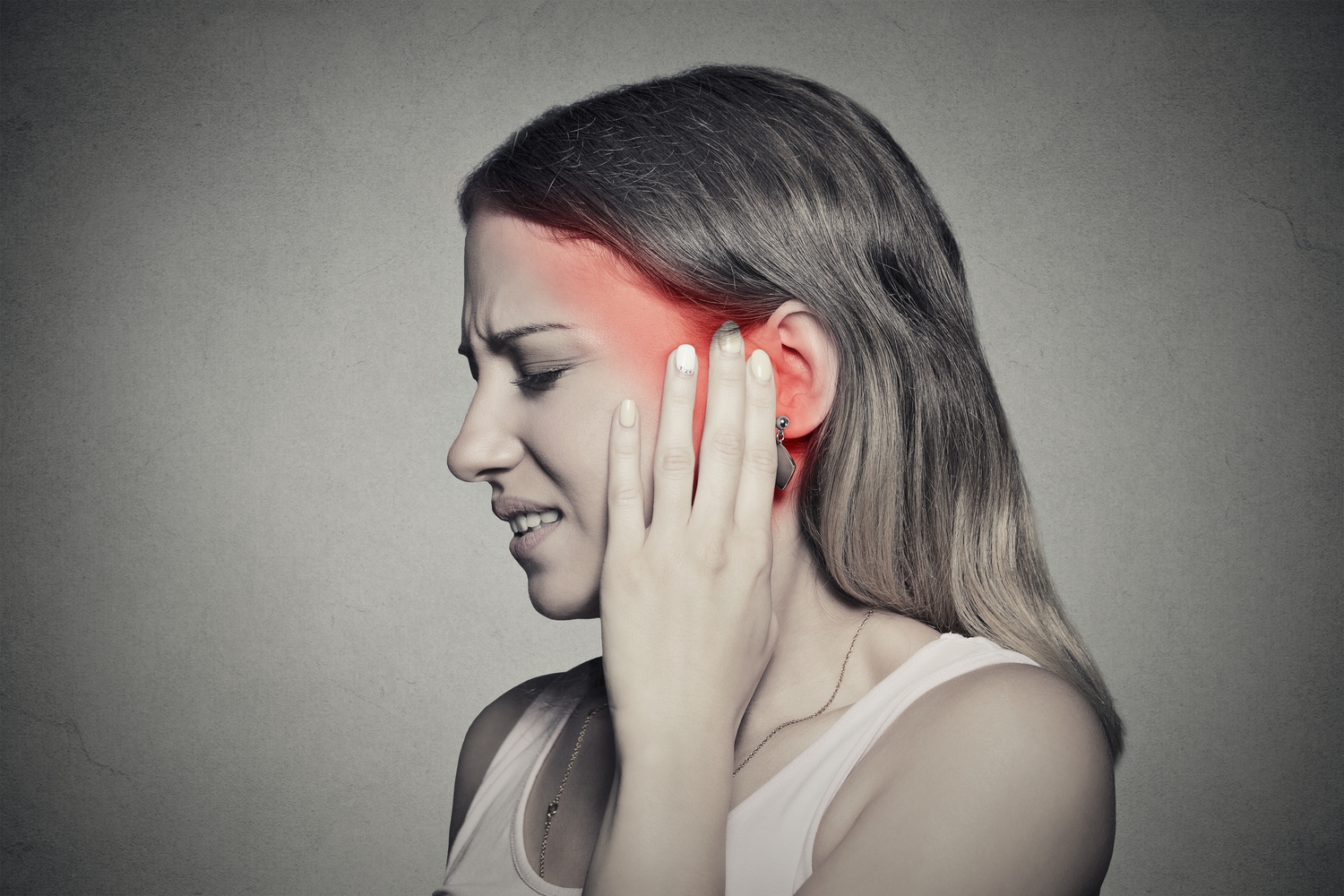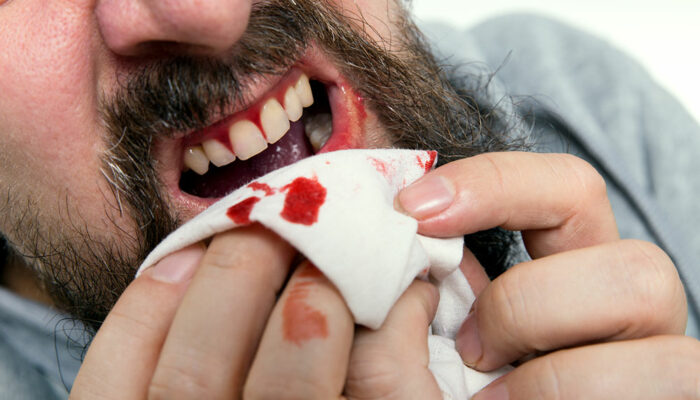
Common Causes Of Tinnitus
Tinnitus is a condition characterized by the perception of noise or ringing in the ears. It’s a common problem, affecting about 15-20% of people. While tinnitus itself is not a condition, it is a symptom of an underlying issue. Often, the causes can be traced back to loud noises, infections, or other health problems. Understanding these causes can help in managing and potentially alleviating the symptoms.
1. Exposure to loud noises
One of the most common causes of tinnitus is exposure to loud noises. Whether it’s from attending concerts, working in a noisy environment, or using headphones at high volumes, loud noises can damage the delicate hair cells in the inner ear. This damage can lead to the perception of ringing or buzzing sounds, even in the absence of external noise. It’s crucial to protect your ears by using earplugs or noise-canceling headphones to prevent long-term damage.
2. Ear infections
Infections in the ear can also lead to tinnitus. When the ear canal or middle ear becomes infected, it can cause inflammation and fluid buildup, which may affect hearing and lead to the perception of ringing or buzzing. Ear infections are more common in children but can affect adults as well. Treating the infection promptly with antibiotics or other medications can often alleviate the tinnitus symptoms.
3. Age-related hearing loss
As people age, it’s common for hearing to decline, a condition known as presbycusis. This age-related hearing loss can also lead to tinnitus. The gradual loss of hearing affects the auditory system, leading to changes in how sounds are perceived. This can result in the brain compensating for the lack of external sound input by creating a ringing or buzzing noise. Regular hearing check-ups and using hearing aids can help manage these symptoms.
4. Earwax buildup
While it might seem surprising, something as simple as earwax buildup can cause tinnitus. Earwax, or cerumen, is produced by the body to protect the ear canal. However, when too much earwax accumulates, it can block the ear canal and lead to hearing problems, including tinnitus. Regular cleaning of the ears, either at home or by a professional, can help prevent this issue. However, it’s important not to insert objects like cotton swabs into the ear canal, as this can push the wax further in and worsen the problem.
5. Ototoxic medications
Certain medications are known to be ototoxic, meaning they can cause damage to the ear and lead to tinnitus. These include some antibiotics, chemotherapy drugs, and high doses of aspirin. If you suspect that your medication might be causing tinnitus, it’s essential to consult with your healthcare provider. They may be able to adjust your dosage or switch you to a different medication to alleviate the symptoms.
6. Meniere’s disease
Meniere’s disease is a disorder of the inner ear that can lead to episodes of vertigo, hearing loss, and tinnitus. The exact cause of Meniere’s disease is not well understood, but it is thought to be related to abnormal fluid buildup in the inner ear. Managing Meniere’s disease often involves dietary changes, medications, and sometimes surgery. By addressing the underlying condition, it’s possible to reduce the frequency and severity of tinnitus episodes.
7. Head and neck injuries
Injuries to the head or neck can also result in tinnitus. Trauma to these areas can affect the auditory nerves, blood flow, or brain function, leading to the perception of ringing or buzzing sounds. If you experience tinnitus following an injury, it’s crucial to seek medical attention to address any potential damage and receive appropriate treatment.
Understanding the common causes of tinnitus can help in managing this often frustrating condition. While it may not always be possible to completely eliminate tinnitus, identifying and addressing the underlying cause can significantly improve the quality of life. If you experience persistent tinnitus, it’s important to consult with a healthcare professional to determine the best course of action.



